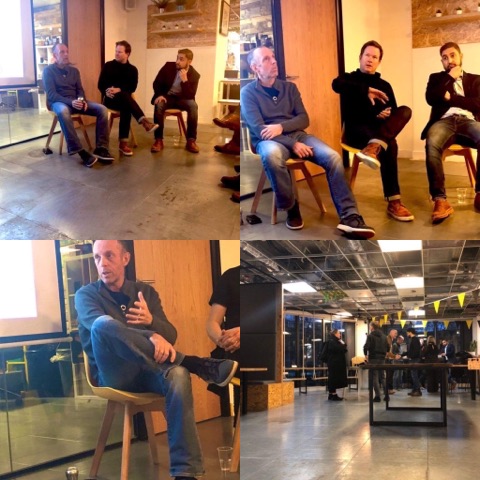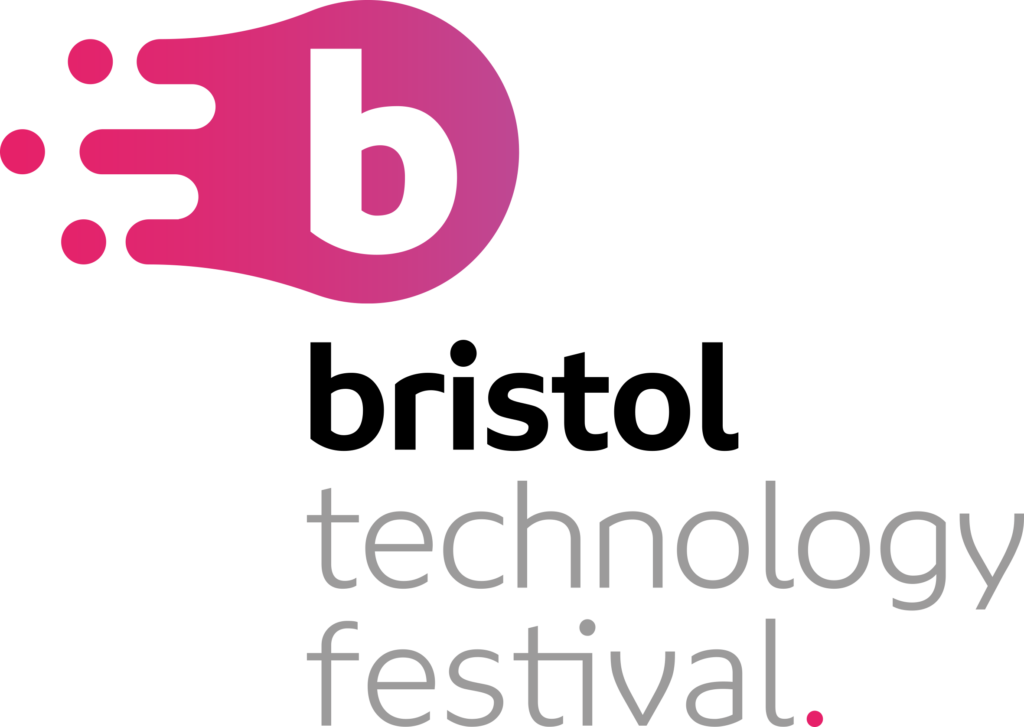Digital public sector – view from the experts
Written by Caitlin NapierOn March 4, employers and specialists gathered together to discuss the progression of digital in the public sector, hosted by Mantis general manager Eleanor Willock at Runway East in Bristol and joined by a panel of experts as part of the SW/LIT (South West Leaders in Tech) series, from SR2.
Here was the line-up:
- Andrew Sheppard, Head of Digital Operations, HMRC
- Andrew Kemp, Partner, Equal Experts
- Sergio Rojas Buitrago, CTO, Zaizi
The digital transformation umbrella
The most pressing topic of the evening was simply the term ‘digital transformation’, which has become something of a buzzword in recent years used to describe a multitude of things. According to our panel, digital transformation can be split up into three tiers: ownership, ways of working, and continuous delivery. That last one encompasses the real business value of the process, enabling the other two to work.
Even when used as an umbrella term with many facets, the term can still be seen as vague, and is often misunderstood, according to Andrew Kemp. To some it means to digitise, and to some it means to ‘be like Amazon’. But does that really matter? He doubts it. It’s about focusing on the experience of the user at the back-end and front-end, and some areas of the public sector will always be ahead of the others. Andrew Sheppard noted just how far a place like HMRC is ahead of the trend, acknowledging that they work in something of a ‘bubble’.
What is the ideal digital transformation team?
Skill sets are very important when building a team to undertake a project. The last of the three tiers, ‘continuous delivery’ found its way into the discussion again. A team full of varied roles from developer to business analyst is needed to keep projects going, treating them as a continuous process of learning and innovating. Having a ‘policy’ person was also seen as essential – after all, the policy can be defined in the best way to deliver the service. Sergio agreed, insisting that having a team that is specialised, while not being afraid to delve into new territory, is vital.
Andrew Sheppard knows that when you work on a digital transformation project, you can see the impact you’re having in real time. According to him, “it takes a certain type of person to care more about that rather than share prices.” Projects need people who care, people who like to collaborate, and people who engage with the whole process.
Culture-wise, the public sector still has a way to go with removing the mental barriers to abandoning legacy tech and changing the general mind-set of staff, but progress is happening.
The panel discussed skill sets, specifically how you can transfer skills from the private sector to the public sector. While there can be clash of personalities, it can allow for amazing growth and widen the scope of the project. The GDS (government digital service) was hailed as a good example of this in practice.
Collaboration in the public sector
The public sector is fantastic at talking to each other. When a school or council introduces a whole new system, we all know about it. Industry news is filled with stories of public sector efforts to digitise and improve services. This, it was felt, was the overwhelming edge it has over the private sector. How much do we hear about private businesses like banks doing such a thing?
While the term ‘digital transformation’ may be turning into simple jargon, the processes that take place are constantly evolving and new skills are always needed. After all, you can’t simply ‘switch off’ legacy tech and replace it with a solution out of the box. You need the right people and the right culture.
We immensely enjoyed our evening with such a knowledgeable panel and a hugely engaged audience. Many thanks to SR2 for organising such an informative discussion.



